
Last week, the General Department of Taxation said that Elementary Innovation Pte. Ltd (Singapore) - the owner of Temu - had registered for tax through the electronic portal for foreign suppliers and was granted a tax code. The platform is expected to generate taxable revenue from October.
According to lawyer Nguyen Dinh Hiep (Hoanganh IBC Law Firm), cross-border e-commerce platforms such as Temu and Shein do not have a permanent establishment in Vietnam, but generate income from online sales to Vietnamese consumers. Therefore, these platforms are considered a foreign contractor according to the definition in Circular 103/2014.
"They have to pay value added tax (VAT) and corporate income tax based on revenue, also known as the direct method," said Mr. Hiep.
VAT and corporate income tax are determined = taxable revenue x tax rate % of revenue. In which, taxable revenue includes revenue from the sale of VAT taxable items and other arising matters.
As per the regulations, the VAT rate % on revenue for foreign contractors, such as cross-border e-commerce platforms, is based on the specific business sector in Vietnam. For example, Temu usually provides retail or commercial services, the rate is 2%.
The tax rate on corporate income tax revenue for Temu is 1%, because this floor belongs to the trading and distribution business group in Vietnam.
For both types of taxes, if the platform has multiple business activities, the % rate is based on the taxable revenue for each activity. If it is not possible to separate them, the highest rate will be applied to the entire contract value.
Regarding the method, experts from Hoanganh IBC Law Firm said that Temu needs to register for electronic tax transactions and register for the first time through the General Department of Taxation's Electronic Information Portal. They need to meet two conditions including the ability to access and use the Internet and have an email address to transact with the tax authority directly managing them. Foreign suppliers register for tax according to the form, then information about the electronic transaction account and tax code is sent to their email.
According to regulations, these enterprises must declare and pay taxes quarterly into the State budget account on time. In addition, they can authorize organizations and agents to register, declare and pay taxes in Vietnam.
Thus, if licensed by the Ministry of Industry and Trade after a period of quietly selling goods in Vietnam, Temu must declare in the fourth quarter tax period, the deadline for payment is January 31, 2025.
In fact, in addition to Temu, there are now 111 foreign suppliers registering, declaring and paying taxes through the tax industry's electronic information portal, such as Google, Meta (Facebook), Microsoft, Netflix, TikTok... Accumulated from March 2022 - the time the information portal for foreign suppliers was put into operation, foreign enterprises have paid over VND 18,600 billion. In addition, the amount of tax deducted and paid by Vietnam on behalf of suppliers since the portal was put into operation is about VND 4,050 billion.
Foreign platforms like Temu self-declare and pay taxes, but the General Department of Taxation affirms that they have appropriate measures to effectively and transparently manage traditional businesses. For example, with suppliers generating revenue in Vietnam but not yet registering for tax, the tax authority will review and take appropriate measures. As for suppliers who incorrectly declare their revenue, they will compare data to re-determine and inspect if there are signs of fraud.
Deputy Prime Minister and Minister of Finance Ho Duc Phoc said that from next week, the tax authority will use AI to control revenue and transactions on e-commerce platforms, especially cross-border platforms. Mr. Phoc emphasized that this is the industry's solution to prevent tax evasion and loss through this channel.
The Ministry of Finance has proposed to amend the Law on Tax Administration to tighten the regulation on e-commerce and digital platform business. Accordingly, foreign suppliers (regardless of whether they have a presence in Vietnam or not) are expected to register, declare and pay taxes. In addition, e-commerce platforms, in addition to providing information to tax authorities, may have to declare and pay taxes on behalf of sellers on the platform. Tax authority leaders believe that technically, e-commerce platforms can completely do this.
The Ministry also proposed amending regulations related to the exploitation and sharing of data on seller information and transactions on e-commerce channels between tax authorities and ministries and branches such as Industry and Trade, Information and Communications, State Bank, etc.
Cross-border e-commerce is a new business in Vietnam, with many differences compared to traditional sales channels. Therefore, according to the General Department of Taxation, in addition to improving the legal framework, the management agency will increase propaganda, creating conditions for production and business entities to pay taxes in accordance with regulations.
PV (synthesis)Source: https://baohaiduong.vn/temu-phai-nop-thue-the-nao-o-viet-nam-397373.html





![[Photo] National Assembly Chairman Tran Thanh Man receives First Vice Chairman of the Federation Council of the Federal Assembly of the Russian Federation](/_next/image?url=https%3A%2F%2Fvphoto.vietnam.vn%2Fthumb%2F1200x675%2Fvietnam%2Fresource%2FIMAGE%2F2025%2F12%2F02%2F1764648408509_ndo_br_bnd-8452-jpg.webp&w=3840&q=75)



























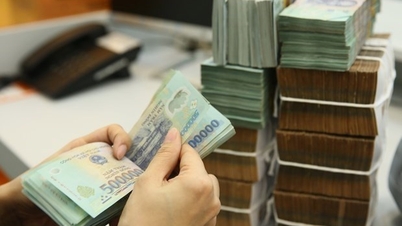

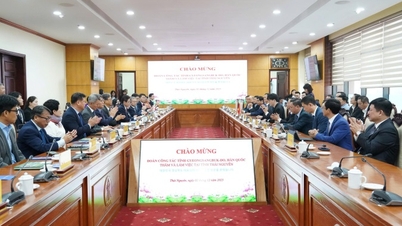
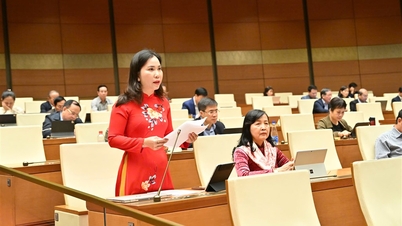










































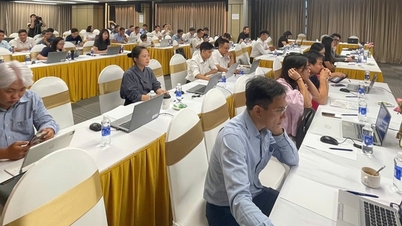


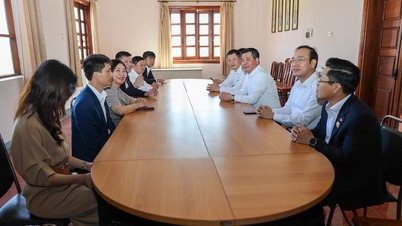







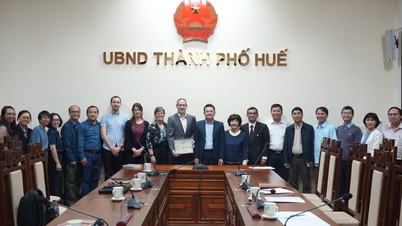


















Comment (0)